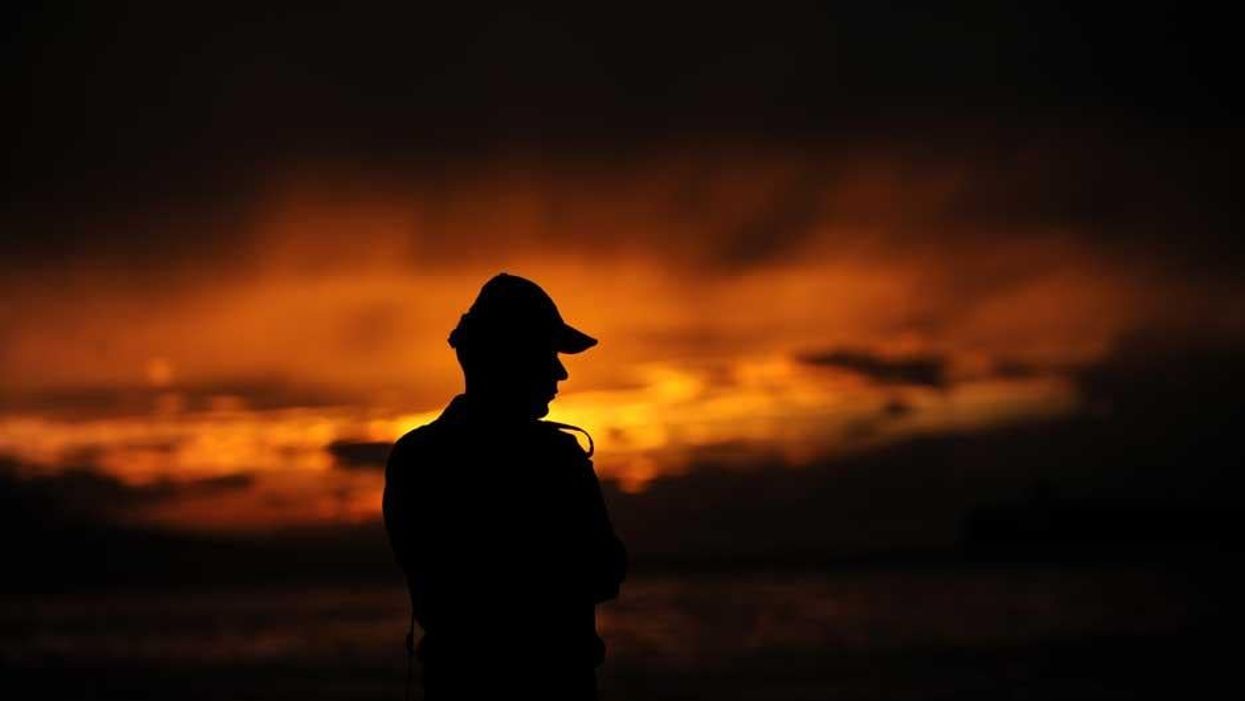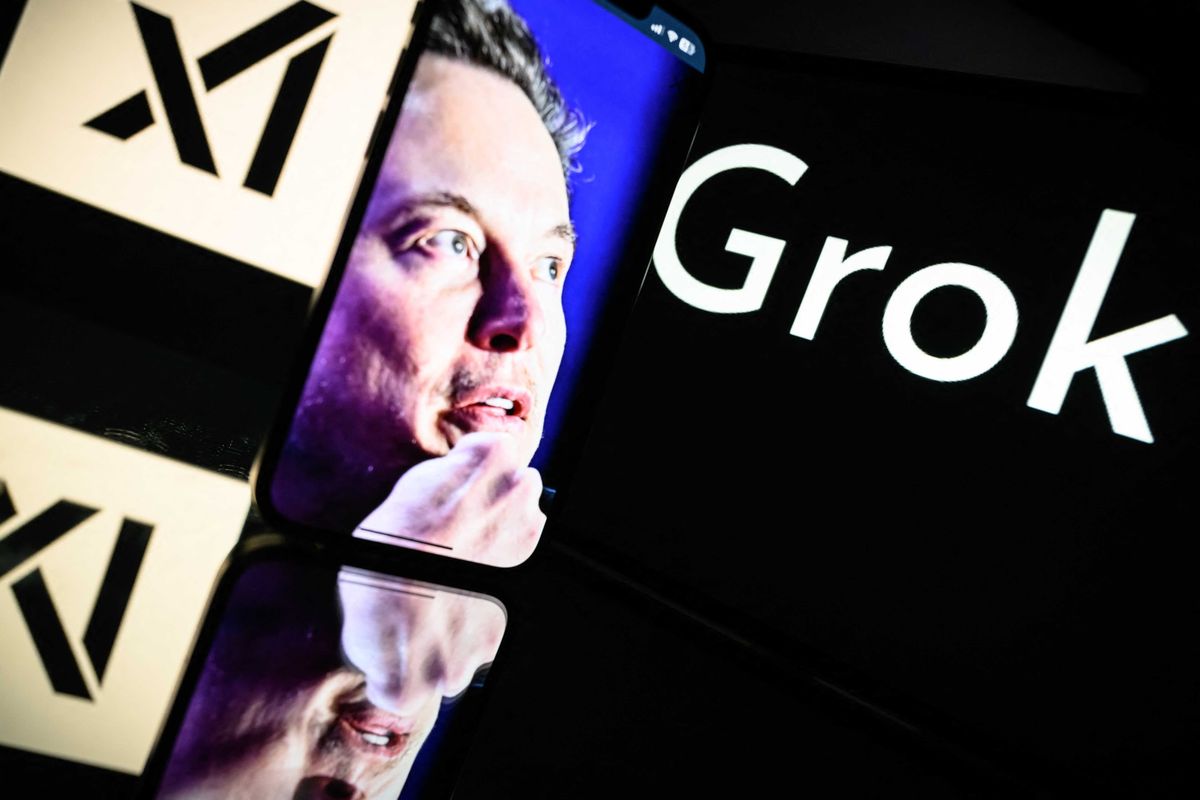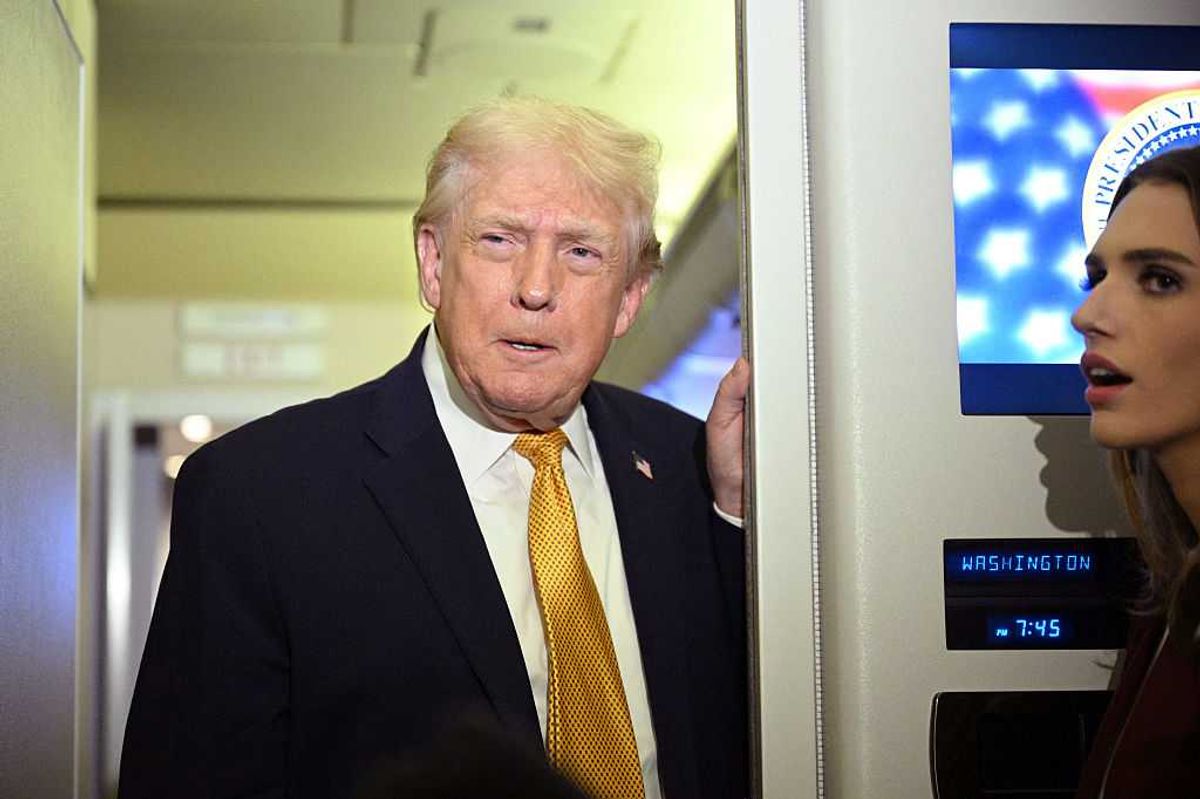News
Francesca Washtell
Sep 05, 2014

Who are they?
The Kurdistan Workers’ Party (PKK) is a Kurdish political party formed in 1978 that fought the Turkish government for an independent Kurdish state from 1984 to 2013. Although listed as a terrorist organisation by the UK, US, EU and Turkey, it has been gaining more acceptance since fighting Isis in northern Iraq this summer, notably when it helped protect fleeing minority Yazidis from Mount Sinjar in August.
The PKK agreed to a ceasefire with the Turkish government in March 2013 and led to hundreds of its fighters resettling in northern Iraq.
Its original ideology was a fusion of nationalism and far-left leaning Marxism-Leninism. Its leader, Abdullah Ocalan, is serving life imprisonment in Turkey after being captured by Turkish security forces in Nairobi in 1999.
Who funds them?
According to a 2011 Europol report, the PKK collects most of its funding from donations from its members in Turkey and the Turkish diaspora and through criminal activity such as drug trafficking. The US Treasury Department has also died them to drug trafficking.
How are they fighting Isis?
In August 2014 the PKK began engaging with Isis forces in northern Iraq, where they have helped defend and retake cities in the northwest and around the capital of Iraqi Kurdistan, Erbil. Their forces have also assisted in Kirkuk and in mid-August aided the escape of fleeing Yazidi minority refugees fleeing who had been trapped on Mount Sinjar by Isis militants.
The Wall Street Journal reported that PKK leaders have estimated to have around 20,000 fighters in Syria and another 40,000 in Iraq and Turkey, among them hundreds of female guerilla soldiers who make up around 30 per cent of the PKK’s paramilitary ranks.
Who are they fighting with?
In Iraq the PKK have been sending fighters to bolster the efforts of local Kurdish forces, known as the peshmerga, which encompasses fighters from the Kurdistan Democratic Party (KDP) and Patriotic Union of Kurdistan (PUK). PKK troops have taken part in significant campaigns against Isis militants who have captured and tried to capture much of the semi-autonomous regions of Iraqi Kurdistan.
Top 100
The Conversation (0)













